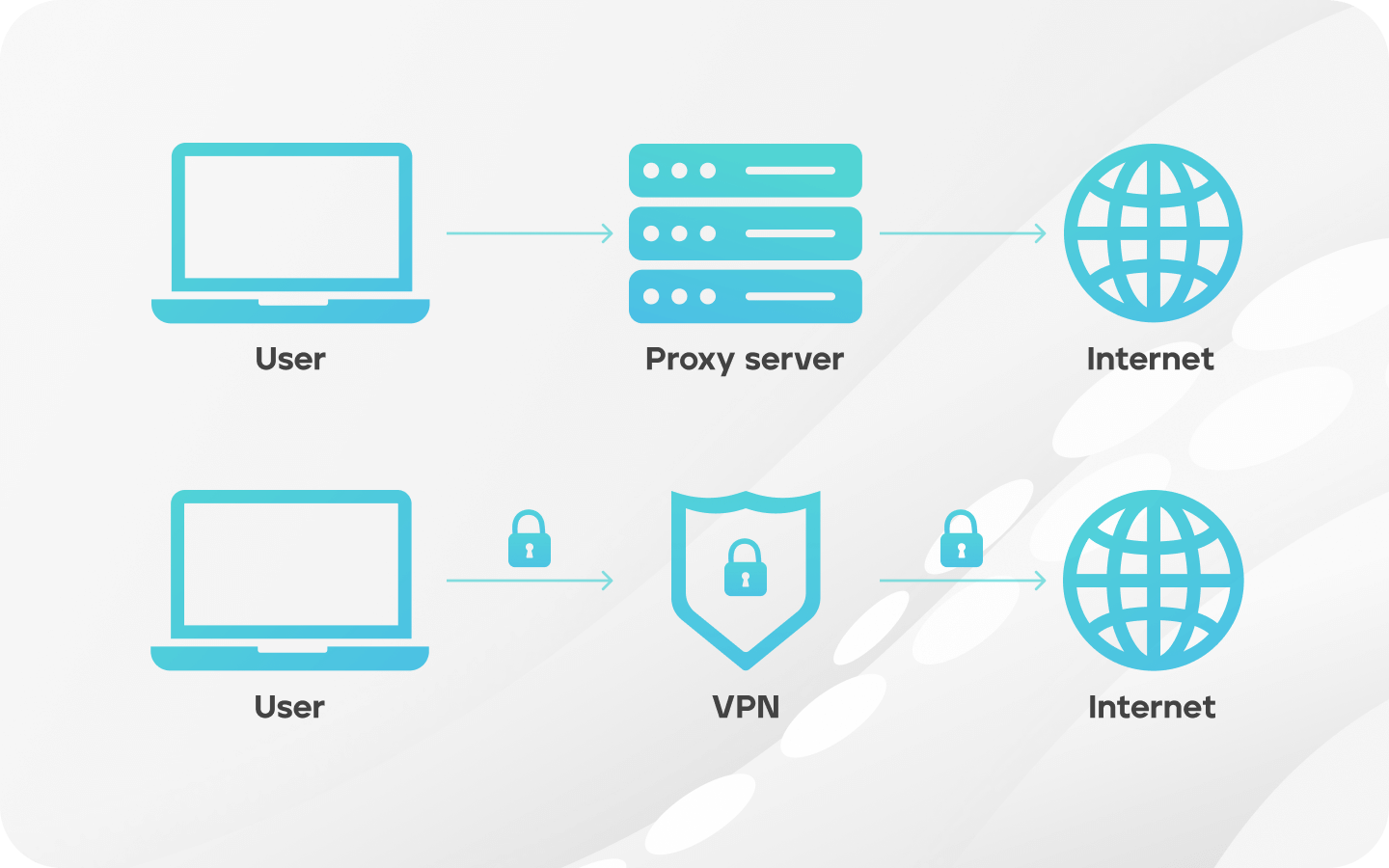Maintaining online privacy and bypassing geo-restrictions is crucial. Both proxies and VPNs offer solutions, but they differ significantly in their functionality and use cases. Here’s a comprehensive comparison to help you decide which is better suited to your needs.

What is a Proxy?
A proxy server acts as an intermediary between your device and the internet, masking your IP address with its own. When you connect to a website through a proxy, the website sees the proxy’s IP instead of yours. Proxies are useful for:
- Bypassing regional restrictions.
- Accessing blocked applications.
- Speeding up web page loading through caching.
- Managing multiple accounts on social media or e-commerce platforms.
Types of Proxies
- HTTP Proxies: Ideal for web browsing and data scraping.
- HTTPS Proxies: Provide encrypted communication, suitable for online transactions.
- SOCKS Proxies: Work with all traffic types, useful for streaming and gaming.
- SOCKS5 Proxies: Support UDP for fast data transmission and authentication tasks.
Proxies can also vary in privacy levels: transparent, anonymous, and elite, with elite proxies offering the highest level of anonymity.
What is a VPN?
A Virtual Private Network (VPN) also masks your IP address but does so by encrypting all your internet traffic. This encrypted tunnel ensures that even if data is intercepted, it cannot be read. VPNs are ideal for:
- Ensuring privacy and anonymity.
- Bypassing geo-blocks.
- Protecting data during online transactions.
- Securely connecting to remote systems for work.
Similarities and Differences
While both proxies and VPNs hide your IP address, their differences include:
- Encryption: VPNs encrypt all traffic, whereas only HTTPS proxies provide encryption.
- Coverage: Proxies work on a per-application basis, while VPNs cover all internet traffic.
- Versatility: VPNs support all protocols, whereas proxies support one at a time.
- Cost: Proxies are generally cheaper but offer less comprehensive protection.
Choosing Between a Proxy and a VPN
Your choice depends on your specific needs:
- For Anonymity and Security: VPNs are superior due to their encryption capabilities.
- For Speed and Cost: Proxies are more affordable and faster, making them suitable for tasks like multi-accounting and bypassing simple regional blocks.
In summary, for secure and anonymous browsing, VPNs are the better option. For quick, cost-effective solutions for less critical tasks, proxies are more suitable.
For more detailed information, you can read the full guide on the OctoBrowser Blog.






